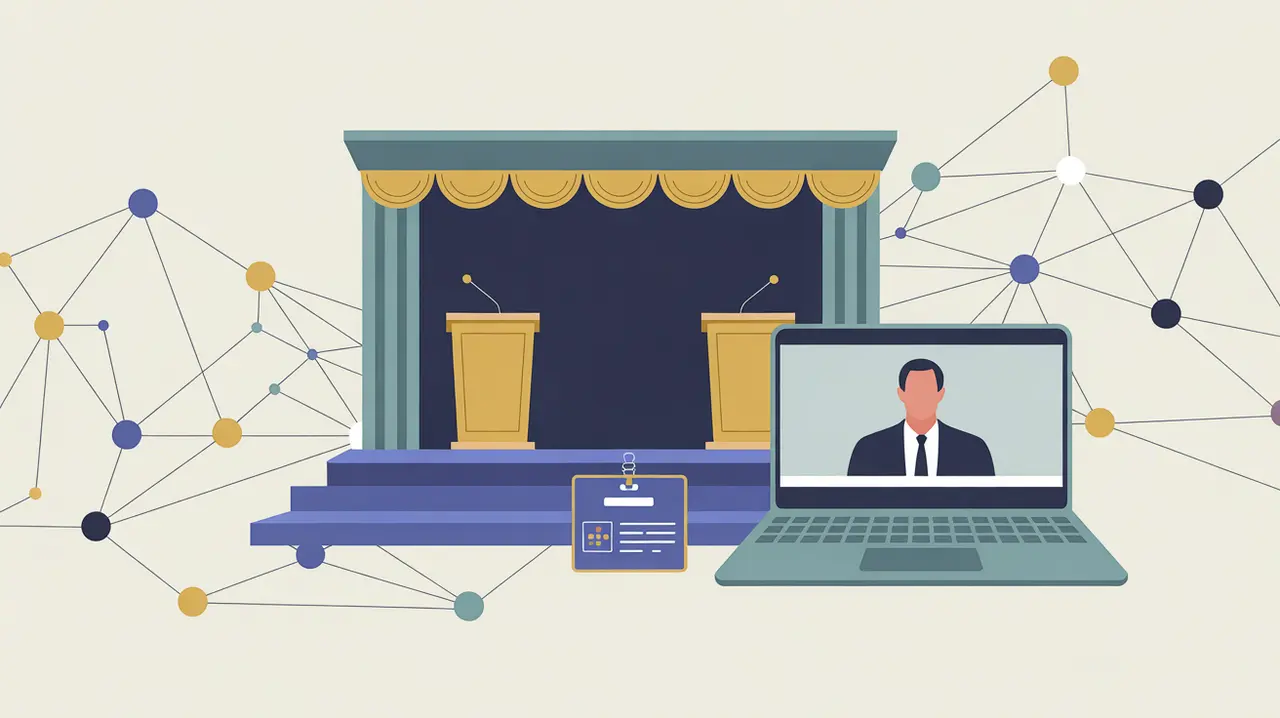Importance of Conferences and Networking
Conferences and networking are vital for knowledge exchange, collaboration, and partnership-building in international development and social innovation. They provide platforms where diverse actors, from grassroots leaders to policymakers and funders, can share experiences, showcase innovations, and build alliances. For nonprofits and proximate actors, conferences and networking open doors to visibility, funding, and learning opportunities that are otherwise difficult to access. Their importance lies in creating the connections that enable ideas to scale and systems to change.
Definition and Features
Conferences and networking refer to organized gatherings and informal exchanges designed to foster professional relationships and the sharing of knowledge. Their defining features include:
- Knowledge Exchange: presentations, workshops, and panels to disseminate ideas and practices.
- Relationship Building: opportunities to meet peers, funders, and collaborators.
- Visibility: platforms to showcase projects, research, and innovations.
- Cross-Sector Engagement: bringing together actors from government, civil society, academia, and business.
How this Works in Practice
In practice, conferences and networking take many forms: large global summits like the UN Climate Conference, regional development forums, sector-specific gatherings, or grassroots convenings. Nonprofits may participate to advocate for their causes, build partnerships, or attract funders. Networking can occur formally through structured sessions or informally in social spaces, both physical and digital. Barriers include high participation costs, language and accessibility challenges, and unequal representation that often sidelines proximate voices. Digital and hybrid formats are increasingly used to broaden inclusion and reduce costs.
Implications for Social Innovation
Conferences and networking are catalysts for scaling solutions and reshaping systems. They enable proximate actors to gain legitimacy, connect with resources, and influence policy agendas. Social innovators benefit from exposure to diverse perspectives, sparking collaborations that cross disciplines and geographies. At the same time, the design of conferences must evolve to prioritize inclusivity and meaningful participation, rather than reinforcing existing hierarchies. When structured thoughtfully, conferences and networking exchange knowledge and redistribute power, creating pathways for more equitable and collaborative development.







